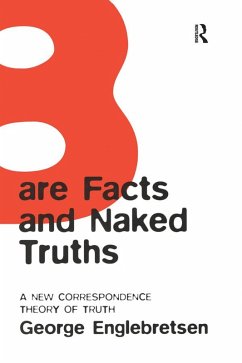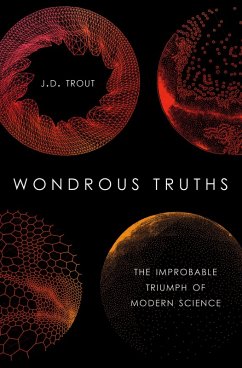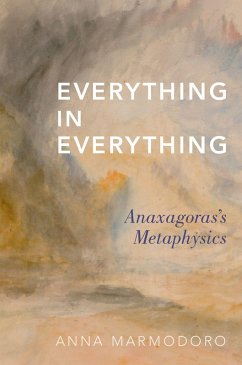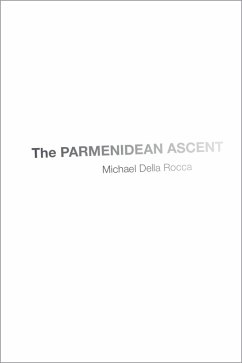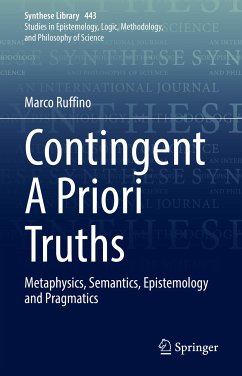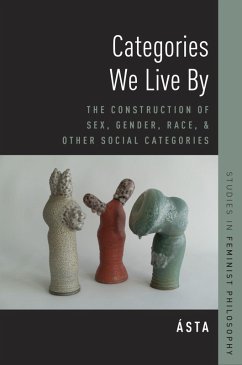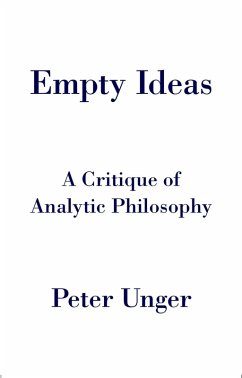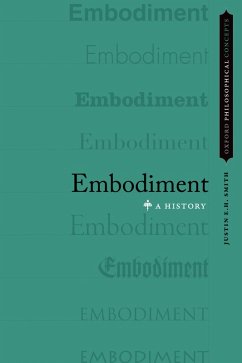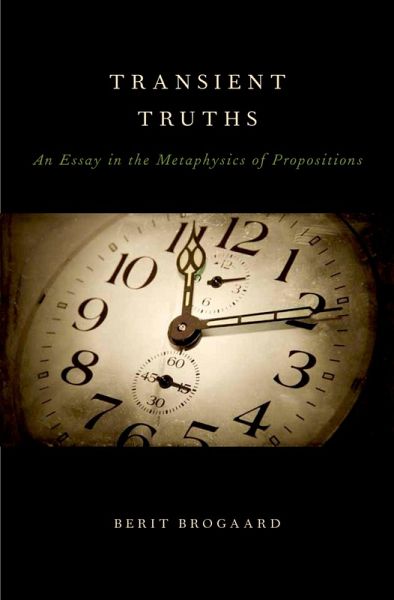
Transient Truths (eBook, PDF)
An Essay in the Metaphysics of Propositions
Versandkostenfrei!
Sofort per Download lieferbar
39,95 €
inkl. MwSt.
Weitere Ausgaben:

PAYBACK Punkte
20 °P sammeln!
What are the things that we assert, believe, and desire? The orthodox view among philosophers is eternalism: these are contents that have their truth-values eternally. Transient Truths provides the first book-length exposition and defense of the opposing view, temporalism: these are contents that can change their truth-values along with changes in the world.
Dieser Download kann aus rechtlichen Gründen nur mit Rechnungsadresse in A, B, BG, CY, CZ, D, DK, EW, E, FIN, F, GR, HR, H, IRL, I, LT, L, LR, M, NL, PL, P, R, S, SLO, SK ausgeliefert werden.




